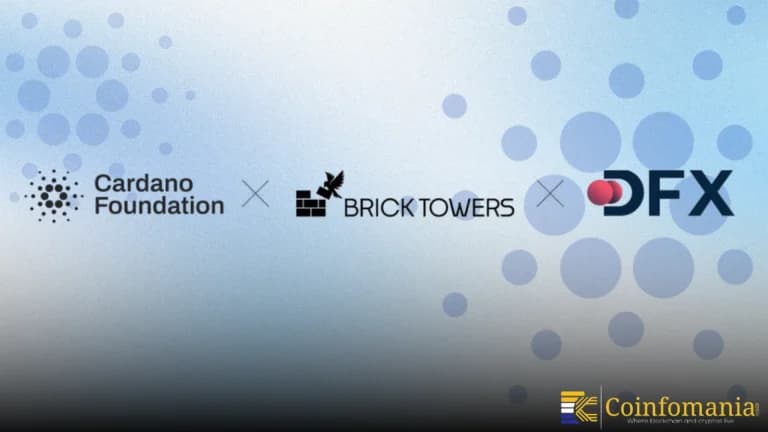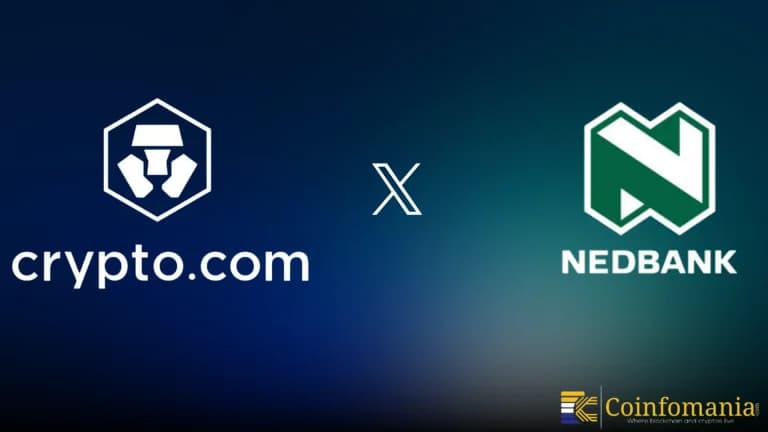BNB Chain Expands AI Capabilities With MCP Supporting Autonomous Decision Making
Explore how the BNB blockchain empowers AI agents with the MCP protocol to securely operate across its ecosystems.

Artificial intelligence integration with blockchain is shifting from theory toward tangible solutions. The BNB blockchain has emerged as a foundational platform for this evolution. It supports the development of the Model Context Protocol (MCP). This protocol empowers AI agents to interact with decentralized networks. Standardizing cross-system operations ensures reliable and secure data exchanges. Stakeholders can leverage this standard to create smarter decentralized applications. It marks a major step in AI-driven blockchain innovation. Overall, the MCP protocol bridges gaps between autonomous intelligence and blockchain environments. This initiative was announced in an official BNB Chain post on X.
AI x Web3 isn’t hype — it’s here.
— BNB Chain (@BNBCHAIN) May 3, 2025
BNB Chain’s MCP lets AI agents read data, make calls, and take action across the chain with built-in security and transparency.
Here’s how it works (and how to start building) 👇 https://t.co/Y8hLo6Qhdg
The MCP initiative standardizes communication between AI models and external data sources. It functions like a universal connector for AI systems. Through MCP, AI can request real-time blockchain information, such as token prices or transaction histories. When an AI model needs data, it sends standardized commands to blockchain services. These commands work across platforms, removing custom integration burdens. Consequently, developers save time while ensuring consistent access to BNB blockchain resources. Thus, this plays a critical role in efficient AI-blockchain interoperability.
Simplifying Blockchain Integration with MCP
By adopting the MCP system, developers avoid building custom connections for each blockchain service. Standard functions like get_token_balance provide a plug-and-play interface. This approach lowers development overhead and reduces integration errors. A consistent protocol also enforces clear communication rules between AI and decentralized systems. Developers no longer hard-code API integrations for each DEX or data service. As a result, interactions become both predictable and reliable. Consistency gained through this protocol builds developer confidence. Ultimately, the MCP update enhances stability and fosters trust in AI-driven blockchain operations.
How AI Automation Simplifies Web3 Operations?
AI agents benefit greatly from MCP integration in decentralized ecosystems. They can autonomously fetch on-chain metrics, analyze governance proposals, and execute transactions. For example, an AI agent might regularly check token balances or broadcast trades for end users. These automated actors excel in fast-paced DeFi and trading environments where timely actions matter. By leveraging BNB blockchain data, AI delivers insights with minimal delay. Secure context and standard commands also help them adjust to complex network conditions. Such capabilities make real-world AI automation viable in Web3.
In a practical scenario, an AI agent may request the CAKE/BNB exchange rate from PancakeSwap. The agent sends a structured message via the MCP protocol client. An MCP server then receives and validates this request. It wraps PancakeSwap’s API, fetches the requested data, and returns it securely. Instead, they use protocol functions like get_token_balance and find_largest_tx. This plug-and-play design simplifies blockchain data access remarkably. Response arrives in a consistent format, minimizing parse errors and latency. Teams gain immediate access to live blockchain information without extra integration work.
Securing Smart Contracts and AI Interactions
Ensuring security is vital when deploying AI agents on-chain. The MCP protocol embeds protections like Oracle data validation. It secures smart contract calls and encrypts sensitive AI model details. Proper cryptographic key management also remains essential. As such, these Agents should handle API or wallet keys carefully to avoid vulnerabilities. Additionally, auditability should be a priority for transparent action logs. Blockchain-based logs offer tamper-resistant histories of agent decisions. Teams should follow secure-by-design development principles. Regular protocol updates address emerging threats.
Guiding Developers Toward Scalable AI Deployment
BNB blockchain also fosters real projects for AI through initiatives like the BNB AI Hackathon. The MVB Builder initiative rewards teams building AI/Web3 integrations. Reference implementations, such as the BNB MCP Server in Node.js/TypeScript, guide developers. The platform provides resources via an AI Solutions portal for rapid deployment. However, protocol success relies on community cooperation and strict standardization. Secure-by-design architectures remain crucial to prevent fragmentation or misuse. Ultimately, leveraging mature tools and contributing to protocol evolution are key steps toward sustainable AI innovation.
Follow us on Google News
Get the latest crypto insights and updates.


